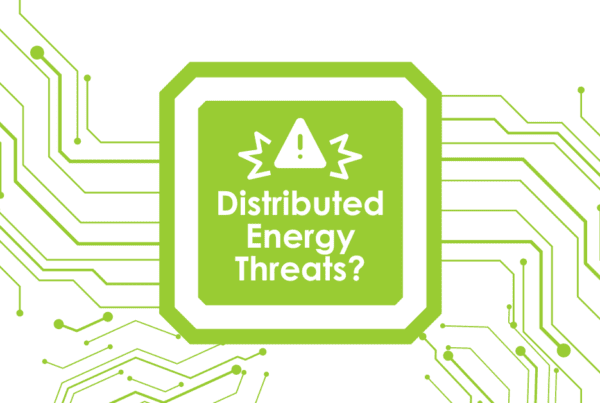Hypothetical: Our company has about 40 employees. We’re going to split into 4 teams and have a tournament. What’s the game? We have cyclists, runners, a guy who thinks he can play golf, a guy who throws hammer but not when I’m around, skiers, people who fish, people who hunt, play cards, Sudoku, video games, Frisbee golf, and play board games. We’ve played softball games (poorly) when the economy was good.
We have people who were born when I was in college. We have people who were in college before I was in the first grade. Female, male, burley, squirrelly, short, tall, and I’ll just leave it at that.
What’s the game? Downhill skiing? A century bike ride? Marathon? Pinochle? Trapshooting? Ice hockey? Mini-golf? Bumper cars? Crossword puzzles? Pong?
Have you figured it out yet?
I’m talking about cap and trade. What are the rules and which companies and individuals are going to benefit and who is going to get creamed? How on earth can this be developed equitably? For years I’ve been proclaiming that when this bill is debated, it will be the mother of all lobbying efforts. Yes there are bills already out there. I spent 2-3 hours browsing Waxman-Markey until I was on the cusp of a seizure. If you dare: http://energycommerce.house.gov/Press_111/20090518/hr2454_ans.pdf I read peoples’ synopses of the bill and those aren’t clear either and they tend to be all over the place. Regardless, this thing won’t go into law as written anyway. There are other competing bills. Whatever we end up with, if anything, will be “lobbied up” beyond recognition.
How does the game start? Apparently, a large portion of the credits would be given away with a few being auctioned off by the government. Do the freebies get distributed to the companies with the best and highest paid lawyers and lobbyists? (the answer, at least in part is, for sure) Does everyone get credits according to the trailing year’s energy consumption? What about the misers who are already very efficient? What about companies that have a legacy of spewing lots of emissions and are on the verge of building or buying a bunch of new plants or efficient equipment (such as certain utilities that tend to favor it)? Will they get hit with a windfall profits tax? Can I just take my money I’ve made with my manufacturing plant and quit and sell my freebie allotment on the “free market”?
Let’s get back to the portion that will be auctioned. The energy market is very inelastic; that is, consumption changes little with price in the short term. Sales of things that are necessities such as energy have little dependence on price. For example, there is practically no relationship between gasoline prices and consumption. When prices are high people keep driving, complain, and have less money to spend on other things. Therefore, I would surmise that this auctioned portion is going to cost A LOT. The EPA projects credits will cost $11-$15 per ton to begin with. This is on the order of a penny per kWh – maybe 10% of energy cost. This is either (1) not going to move companies to do much for energy efficiency or (2) at a more likely much higher cost, move companies to do something. Something will include some combination of energy efficiency, raising prices on products and services, or offshoring to some “rogue” country like China or Mexico that has no cap and trade.
My interpretation from Waxman-Markey is that cap and trade applies to major energy users and distributers only, as far as I can tell: electric and gas utilities, petroleum, chemical, cement, silicon, aluminum, and other very energy intensive industries. It seems to me if we wanted an effective “market based” solution, this would apply everywhere carbon is consumed. What are electric and gas utilities going to do to reduce carbon? Electric utilities will move away from carbon fuels over time – renewable, and realistically nuclear. Gas utilities will… Gas utilities will… Sorry gas utilities. Your days are apparently numbered.
Cap and trade sounds great because it sounds like a “market based solution” to reducing greenhouse gasses. It reminds me of when we were considering designing and building a new office building for our company. It was all fun and interesting until the hard reality of finding a decent place to build in or near downtown. My guess is this dreamy cap and trade idea will hit a brick wall when it comes time to set up the game and rules. I would suggest a different and more reasonable and realistic approach. Next Time.






Join the discussion One Comment